Department of Orthopaedics
Led by a team of skilled orthopedic specialists, we are committed to providing exceptional care, restoring function, and improving the quality of life for individuals with orthopedic conditions.
1. Specialized Orthopedic Care: From fractures and joint disorders to sports injuries, our specialists deliver personalized and comprehensive care for each patient.
2. Joint Replacement Expertise: Reform Hospital excels in joint replacement surgeries (knees, hips, shoulders, and more)
3. Spine Surgery and Rehabilitation: We specializes in spine surgery, addressing conditions such as herniated discs, spinal deformities, and degenerative disorders.
4. Advanced Imaging and Diagnosis: Utilizing cutting-edge diagnostic tools, including X-rays and MRI, our Orthopedics Department ensures accurate and swift diagnoses. This enables our specialists to tailor treatment plans that address the specific needs of each patient.

5. Orthopedic Trauma Management: Reform Hospital is equipped to handle orthopedic trauma with expertise in the management of fractures, dislocations, and complex injuries. Our orthopedic trauma team ensures timely intervention and personalized treatment plans for optimal recovery.

We stand as a dedicated team, driven by our passion to nurture and protect the young, ensuring a healthier tomorrow for children and their families. Paediatric intensive care is a critical function of paediatrics and is a subject close to my heart. Medical complexities of a child's anatomy need special care and we are committed to providing the very best possible.

Treatments

Sports injuries encompass various conditions, including those affecting the knee, such as injuries to the Anterior Cruciate Ligament (ACL), Posterior Cruciate Ligament (PCL), and Medial Patellofemoral Ligament (MPFL).

Joint replacement, commonly referred to as arthroplasty, is a surgical intervention that entails the excision of impaired or unhealthy components of a joint. Subsequently, artificial implants composed of materials such as metal, plastic, or ceramic are utilized to substitute the excised portions. This type of surgery can be performed on multiple joints, including the hip, knee, shoulder, and elbow.

Arthroscopy is a minimally invasive surgical method that includes procedures like hip arthroscopy and shoulder arthroscopy, providing precise diagnostics and treatment for joint-related problems.

Paediatric Orthopaedics focuses on the management of congenital disorders and the correction of deformities, possessing specialized knowledge in the treatment of conditions like clubfoot and flatfoot in children.
FAQ's
Meet Our Expert

MBBS,D.Ortho (Gold Medalist)
Senior Consultant, & DNB (Ortho)
View Dr. Profile
Appointment
